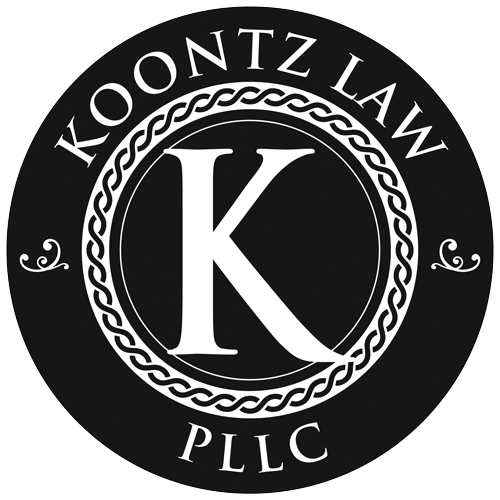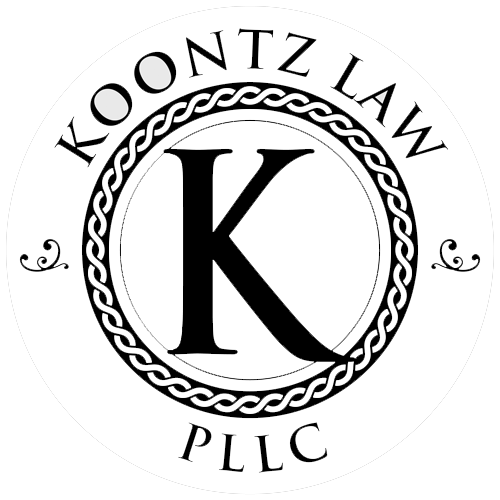The Role of Mediation in Divorce Cases: How It Can Save Time and Money
Divorce is a challenging process, but it doesn’t always have to mean lengthy courtroom battles and exorbitant legal fees. Mediation offers a constructive alternative for couples seeking to resolve their differences with less conflict, more collaboration, and greater efficiency. However, navigating mediation successfully requires the right support, including legal guidance. At Koontz Law, PLLC, we are committed to helping clients achieve the best outcomes in mediation and beyond.
What is Mediation in Divorce?
Mediation is a process where divorcing couples work with a neutral third party, the mediator, to resolve key issues such as property division, child custody, and financial support. Unlike court litigation, where a judge imposes decisions, mediation allows couples to reach agreements collaboratively. However, even in mediation, it’s essential to have an attorney to provide legal advice, review agreements, and ensure your rights are fully protected.
Benefits of Mediation
Why You Need a Lawyer in Mediation
While mediation focuses on collaboration, it’s important to remember that mediators are neutral facilitators—they cannot provide legal advice or advocate for you. Having a lawyer ensures that:
At Koontz Law, PLLC, we work closely with clients to provide the legal support they need during mediation, making the process smooth, effective, and fair.
Why Choose Koontz Law, PLLC?
Mediation is not about avoiding legal help—it’s about finding solutions with the right support. At Koontz Law, PLLC, we bring extensive experience in mediation and family law, ensuring that you have a trusted partner to guide you through this process. Our team is here to protect your interests, advocate for your goals, and ensure that mediation results in an agreement that works for you.
Take the First Step Toward a Better Resolution With Koontz Law, PLLC
Mediation is a powerful tool for resolving disputes, but success requires the right guidance. At Koontz Law, PLLC, we’re here to help you navigate this process with expertise and care. Contact us today and discover how we can support you in mediation and beyond. Let’s work together to turn a challenging situation into a pathway to a brighter future.











